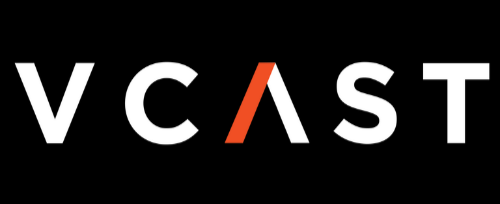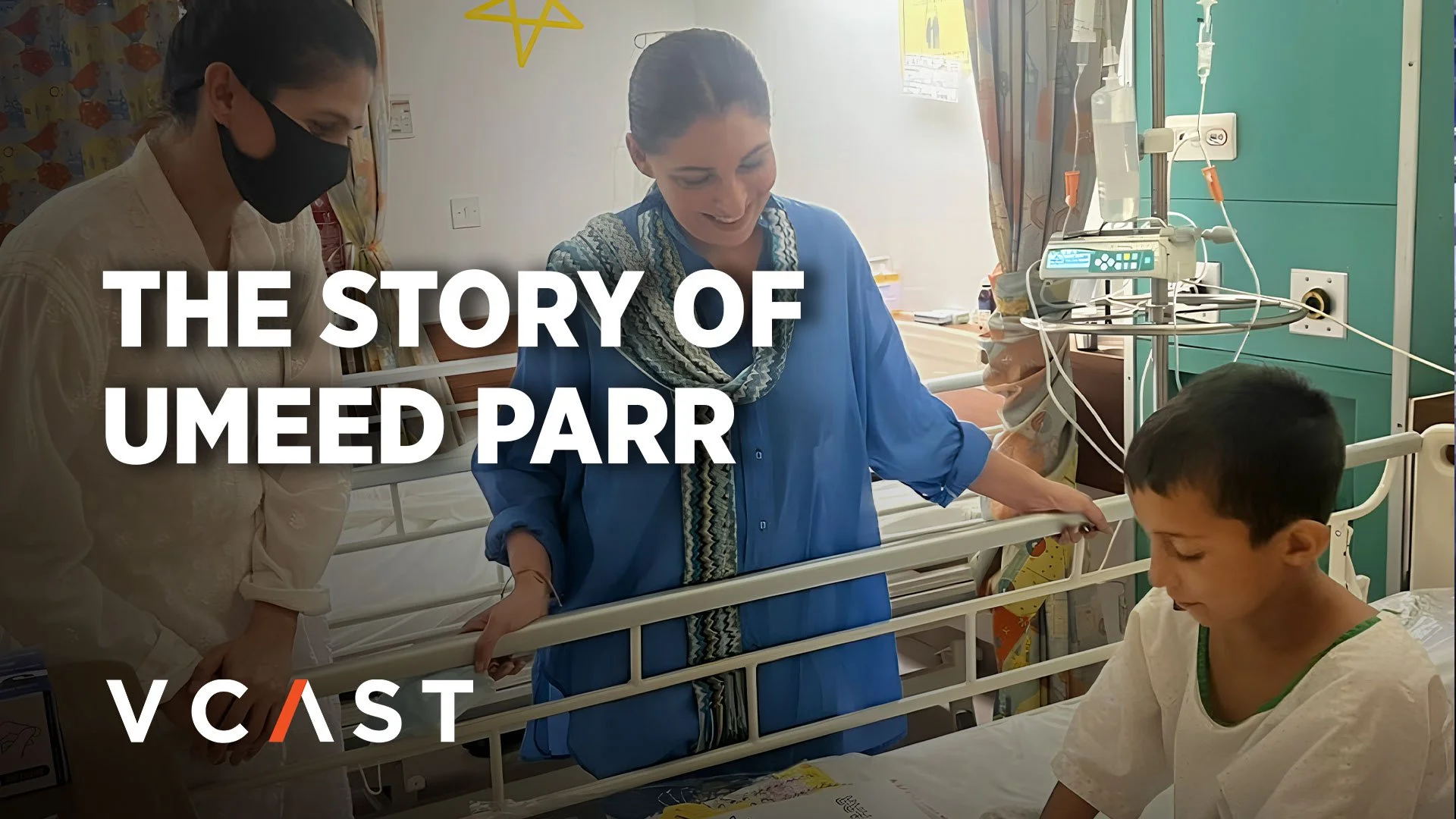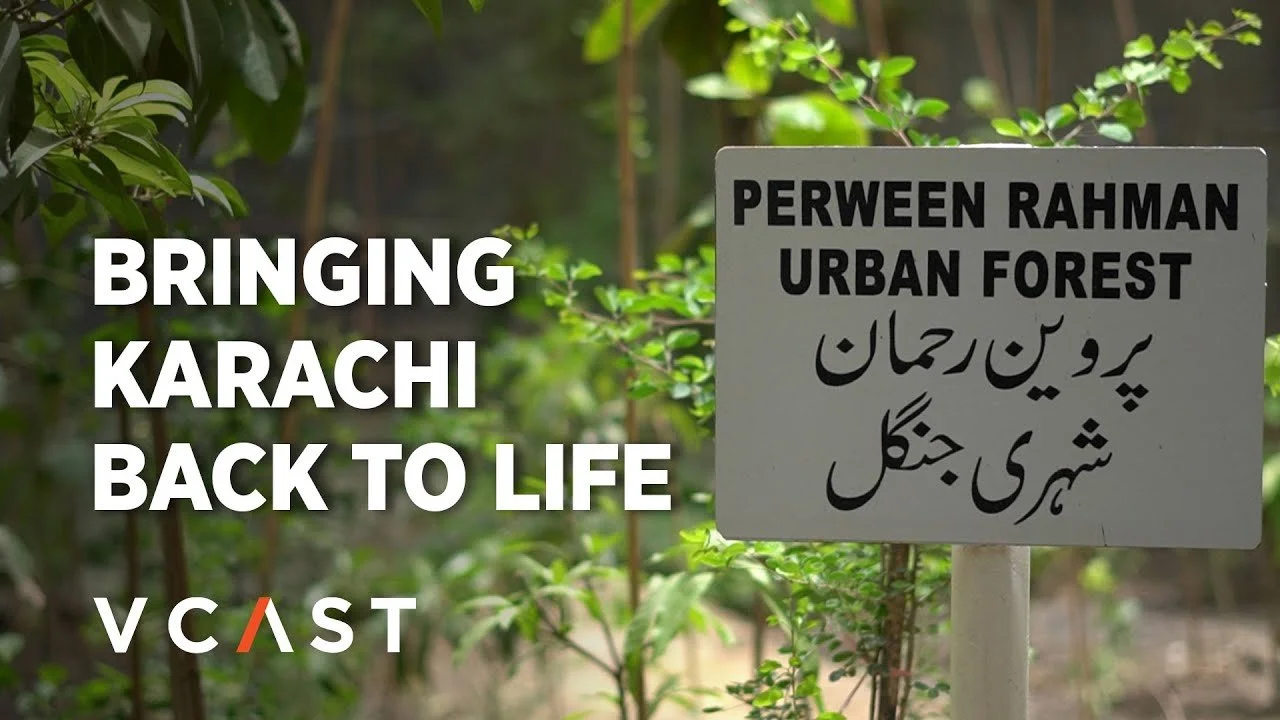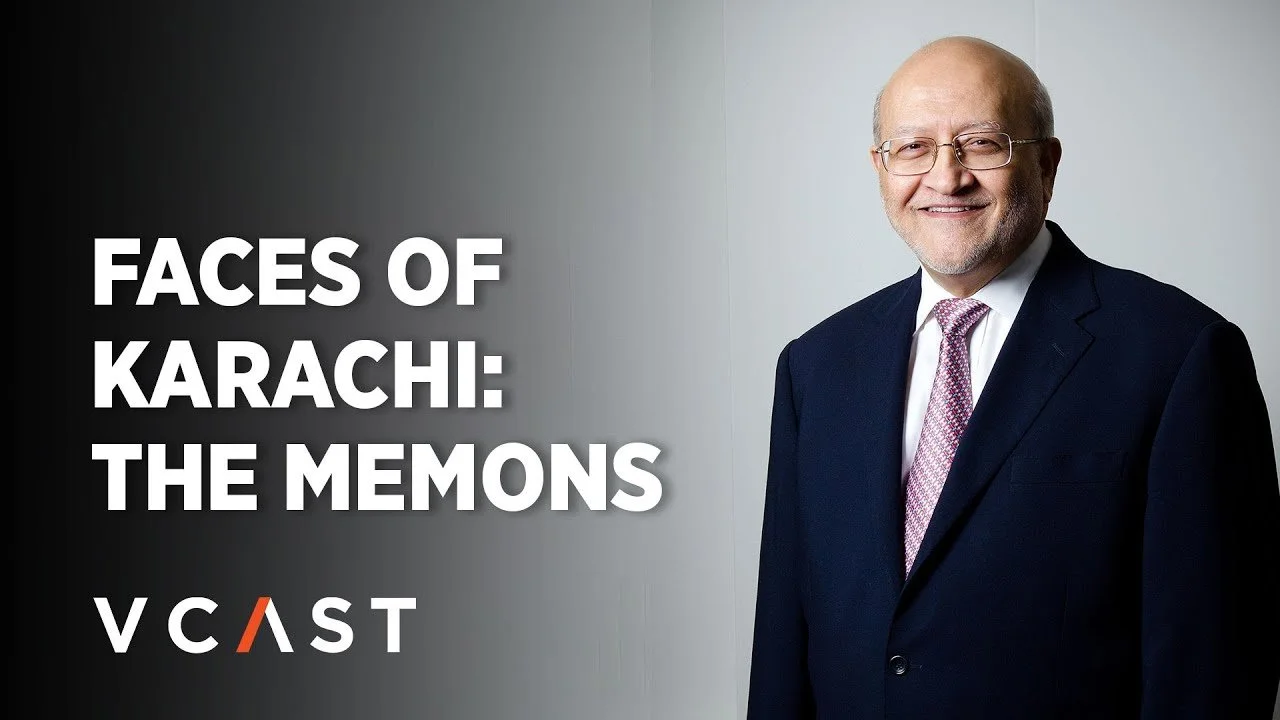A Moving Tale of Resilience - The Story of KDSP
“We were made to believe, with all our conviction, that our daughter’s life was not worthy of living,” reflects Ali Allawala.
In 2011, Ali and his wife Farzeen welcomed their first daughter, Alaiyah, six weeks premature and diagnosed with Down syndrome. What followed was a journey marked by medical trauma and societal stigma but ultimately led to the founding of the Karachi Down Syndrome Program (KDSP).
Established in 2014 by a group of concerned parents, KDSP emerged to address the lack of local resources and champion inclusion for people with Down syndrome.
Within hours of her birth, Alaiyah suffered a cardiac arrest. She had to be resuscitated and placed on a ventilator for ten days. She remained in the neonatal intensive care unit for nearly a month. Despite being surrounded by some of the city’s top medical professionals, Ali and Farzeen were devastated — not only by the severity of her condition but also by messages from doctors that questioned the value of her life.
But Alaiyah defied the odds. When treatments failed, she fought back — and survived on her own strength. That resilience marked the beginning of a journey the family never expected to take.
Returning home, Ali and Farzeen sought resources and guidance in Karachi — but found nothing. No organizations, no specialists, not even a basic manual for parents of children with Down syndrome. In time, they travelled to Boston Children’s Hospital, home to one of the world’s leading Down syndrome clinics. It was there that they witnessed something they had been told was impossible: a young man with Down syndrome working as part of the clinical team. That moment shifted their perspective and planted the seed for something greater back home.
KDSP began as a grassroots initiative with a campaign for World Down Syndrome Day, which would show families celebrating their children with Down syndrome. Ten families were needed to go public — only seven agreed. That hesitation revealed a need to start working with families before the children themselves, so KDSP launched a family support group, offering monthly sessions led by experts — creating a space for learning about Down syndrome, sharing experiences, and building relationships.
As KDSP's impact grew, the organization turned to early childhood development and education, partnering with schools to promote inclusive learning. Many schools were initially unfamiliar with Down syndrome but recognized their role in supporting diverse students. KDSP collaborates closely with these schools to integrate children with Down syndrome. Additionally, its Early Preschool Experience Program (EPEP) provides early therapy and classroom exposure to prepare the children for mainstream education.
For older children and teenagers, the focus shifted to vocational training. A manual stitching and crafts program was introduced after parents expressed concerns about their children's employability — especially given expressive language challenges. Participants quickly learned to create high-quality products, sold through KDSP, with 100% of revenue returned to the artists.
The annual KDSP Carnival, held each March to mark World Down Syndrome Day, now attracts thousands of visitors. It provides an inclusive space where families of all abilities come together, challenging stereotypes and reinforcing the program’s belief that “we are more similar than different.”
Ali stresses the importance of how we speak about people with Down syndrome, emphasizing the need to use person-first language — not “a Downs child.” He explains that Down syndrome is not a stigma or label; it’s an identification to understand developmental differences. It is crucial to always remember the person before the diagnosis.
Reflecting on the emotional journey that parents face after a diagnosis, Ali shares his own experience of shock and denial — so much so that they had genetic tests done twice, hoping for a different answer. Looking back, he understands the depth of that denial. Eventually, Ali and Farzeen found acceptance and began embracing their unique path.
“You start questioning everything… and then, if you’re lucky, you find acceptance...and then, if you’re really lucky, which I think everybody should be, you start embracing the journey.”
His advice to other caregivers is simple but profound: take it one day at a time. You can’t control everything, have faith in your Creator, do your best, and know that this is a beautiful journey you’ve been handpicked for.
How has hearing Ali’s story changed your perspective on Down syndrome and inclusion? Let us know in the comments!
This article was developed with the assistance of AI tools.




